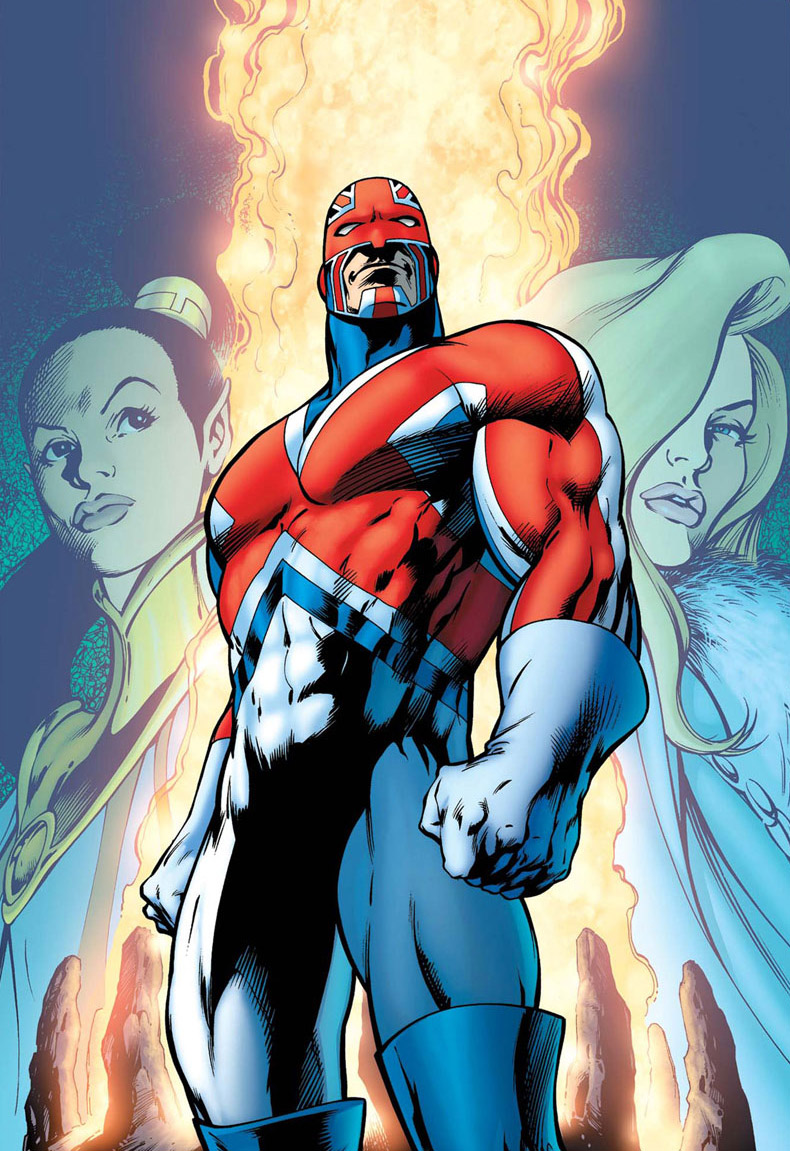


When Ben is forced to re-enter the capitalist/consumerist world he has escaped we dramatically see the contrast of these two worlds, the capitalist/consumerist world producing human beings literallyturned into consumers, living for their consumption of stimulation fixes, whether that be “unreal” food (food loaded with sugar, salt, based on unnatural ingredients) or entertainment fixes (e.g., shopping, video games, etc.) all of which utterly shifts the desires of people from real sources of enrichment and a fulfillment of potentialities to empty, meaningless, purposeless lives devoid of any real motivation towards anything fulfilling human potential. Pushed to an enlightened understanding of the human conditionĬontrasting Two Radically Different Worlds Kielyr just wants to “read” the book without having to actually think about what she is reading, but Ben pushes her to examine her feelings about the book, and, after a pause - Ross pertinently focusing on her facial reactions thus allowing us to literally see her mentally push herself to think deeper about what she has read so far - Kielyr then conveys a deep thought about this complex book (e.g., in short, for complex reasons, we can hate child rapist Humbert Humbert but we can also sympathize with him), just such a profound moment because it so powerfully reveals how not only can we enrich ourselves by getting more out of a complex text (and thus better understand why important works are important!) but, more profoundly, how such a way of thinking profoundly opens up a better understanding of the human condition in general, which, in turn, makes for a more enlightened, healthy society in general since that means we will engage in the complex world in the necessary complex way that progresses humanity to higher levels of understanding and being. (I will stress this crucialpoint over and over and over again, that we needto establish critical thinking in early childhood years, as early as kindergarten!) Most potently, we get an example of this thread in the film when Ben pushes his daughter Kielyr (Samantha Isler) to express her thoughts on the novel Lolita. I can’t express enough how much I appreciated this element in the film! As an educator who teaches critical, analytical (deep) thinking, I have seen how too many students struggle with what should be a rudimentary cognitive skill established early on in formative years. Ben (Viggo Mortensen) not only isolates his children in a natural environment – which, in itself, connects them to nature, giving them a healthy investment in and internalization of how humanity is still very much interconnected with the natural world, something we have lost to our utter detriment – but he also rigorously tunes their energy in (mostly!) enriching directions, keeping their bodies healthy with a natural diet and exercise, while pushing their minds - freed from the addictive, hyper-stimulating consumerism that young people are relentlessly inundated - to elevated heights of knowledge and deep (critical, analytical) thinking, the latter of which is especially lacking in our education system.Ī return to not only nature but the natural (reaching one’s) potential for all human beings What I love so much about Captain Fantastic (2016, Matt Ross) is that it gives us a kind of imaginary laboratory experiment where we can see how children raised outside of a capitalist/consumerist environment reach their human potential, albeit with some dysfunction mixed in (more on this in a moment). Despite a couple of moments in the film that I had issues with, overall, I loved Captain Fantastic (just watched it last night), a refreshingly transgressive mainstream film that is both thoroughly thought provoking political commentary and just a delight!


 0 kommentar(er)
0 kommentar(er)
